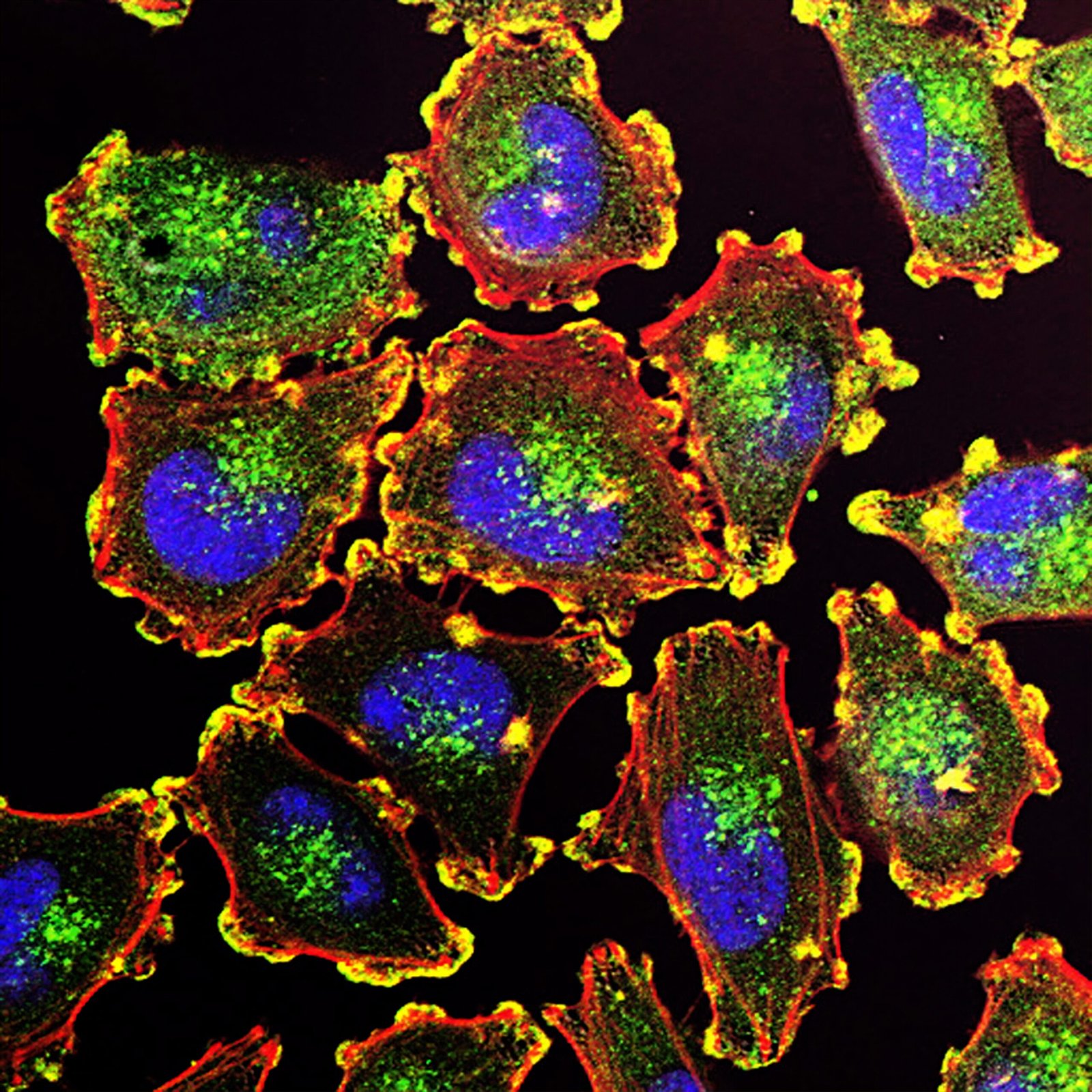Researchers at the University of California, San Francisco, announced a significant breakthrough in personalized medicine with a new gene therapy that targets rare genetic disorders. This innovative treatment specifically addresses mutations in the C9orf72 gene, linked to conditions such as amyotrophic lateral sclerosis (ALS) and frontotemporal dementia (FTD).
In a Phase 1 clinical trial involving 150 participants, the therapy demonstrated a remarkable ability to reduce levels of toxic proteins associated with these disorders. The results showed a 50% reduction in these proteins after just six months of treatment, leading to improved muscle function and cognitive performance in participants.
Dr. Sarah Patel, the lead researcher, stated, “This is a monumental step forward. Our personalized approach targets the root cause of these debilitating diseases, offering hope to patients who currently have limited treatment options.”
Additionally, the therapy utilizes an innovative delivery system that employs nanoparticles to ensure the genetic material reaches the affected cells efficiently. This method minimizes potential side effects and enhances the therapy’s effectiveness.
The trial’s success has prompted plans for larger studies to further evaluate the therapy’s long-term effects. Researchers are optimistic that this treatment could pave the way for similar personalized therapies targeting other genetic conditions.
As personalized medicine continues to advance, ethical considerations around genetic data and accessibility remain critical. Discussions about how to ensure equitable access to these groundbreaking treatments for all patients are ongoing.
Overall, this recent advancement highlights the transformative potential of personalized medicine in addressing complex genetic disorders. As research progresses, tailored therapies may soon become standard practice in treating a broader range of diseases.
For more details on this research, follow updates from reputable sources such as the University of California, San Francisco and Nature Medicine.






